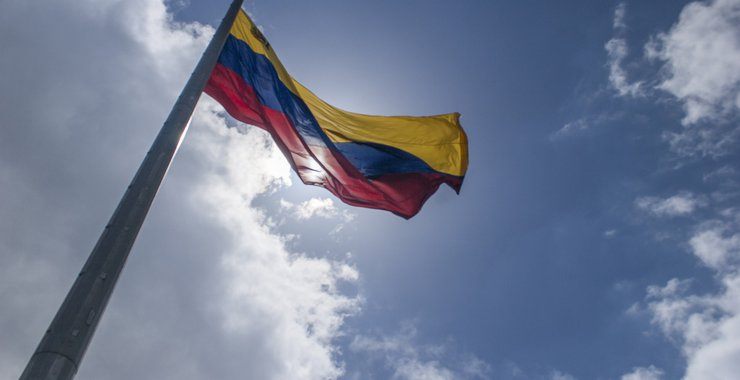Last week, the government of Venezuela launched a new cryptocurrency remittance service called Patria that allows people from anywhere in the world to send Bitcoin (BTC) and Litecoin (LTC) to the residents of that country.
This service was launched by Superintendencia Nacional de Criptoactivos y Actividades Conexas (Sunacrip) — or, translated to English, Superintendency of Cryptoassets and Related Activities — the country’s main cryptoasset regulator, which seems to have been established under decree 3196 of 8 December 2017 (same decree that also authorized the government to create its own cryptocurrency, the petro).
In late January, Venezuela’s Ministry of Popular Power for Communication and Information (MIPPCI) published an official gazette that included the “Constituent Decree on the Integral System of Crypto Assets.” This meant that businesses wishing to work with crypto had to register with Sunacrip and follow its rules. The penalty for not registering is equivalent to 100–300 petros. The directors of those firms not following the rules will be punished by one to three years in prison and a penalty equivalent to 50–100 petros.
Here are some of the terms of service (as specified by Sunacrip) for the Patria platform:
- The recipient must be “a natural person, of legal age, domiciled in the territory of the Bolivarian Republic of Venezuela.”
- The recipient “may receive cryptoassets up to a value equivalent in foreign currency to ten Petros (10 PTR) per month.” Sunacrip “may exceptionally authorize an amount higher than the one referred to in this article, upon reasoned request of the recipient, up to a maximum of the equivalent value in foreign currency to fifty Petros (50 PTR).”
- The sender must pay a commission “up to a maximum amount of fifteen percent (15%), calculated on the total of the remittance, in Bolivars, and a minimum amount equivalent to 0.25 Euros per transaction.”
To use Patria, the sender must specify an email address. The system will send to this email address a one-time access code. Once the sender has logged into Patria, he will be asked to give his name, date of birth, and country of residence.
Here is what senders need to do to initiate a crypto remittance:
- give details about the national identity card and date of birth of the person who will receive the remittance; (you can also specify a note for the recipient)
- select the cryptocurrency to be used for the transfer (Bitcoin or Litecoin) and the amount to send; and
- make the transfer from their crypto wallet to the address indicated by the Patria platform.
The euro value of the transfer is based on the current euro price for Bitcoin and Litecoin, for example, 3,286.20 and 40.28, as of the time of writing (14:10 UTC on March 4th), as published on the Patria website, and the sovereign bolivar amount delivered to the recipient will be based on the official EUR-VES exchange rate published by the central bank (currently, this is 3,758.94):

Once the recipient has been “notified of the accreditation of the remittance,” he may process through the Patria plaform the funds received in bolivars to the bank account he has registered on the Patria platform.
Featured Image Credit: Photo via Pixabay








